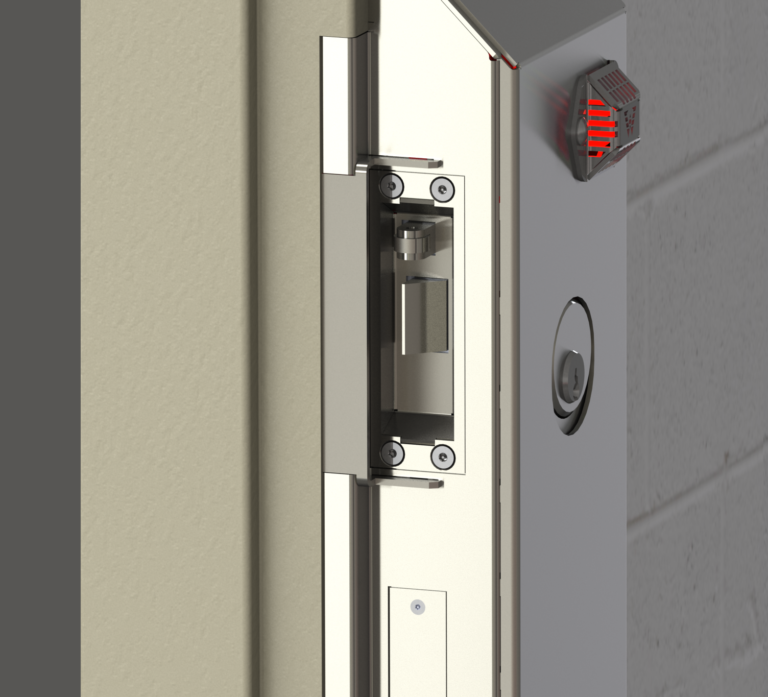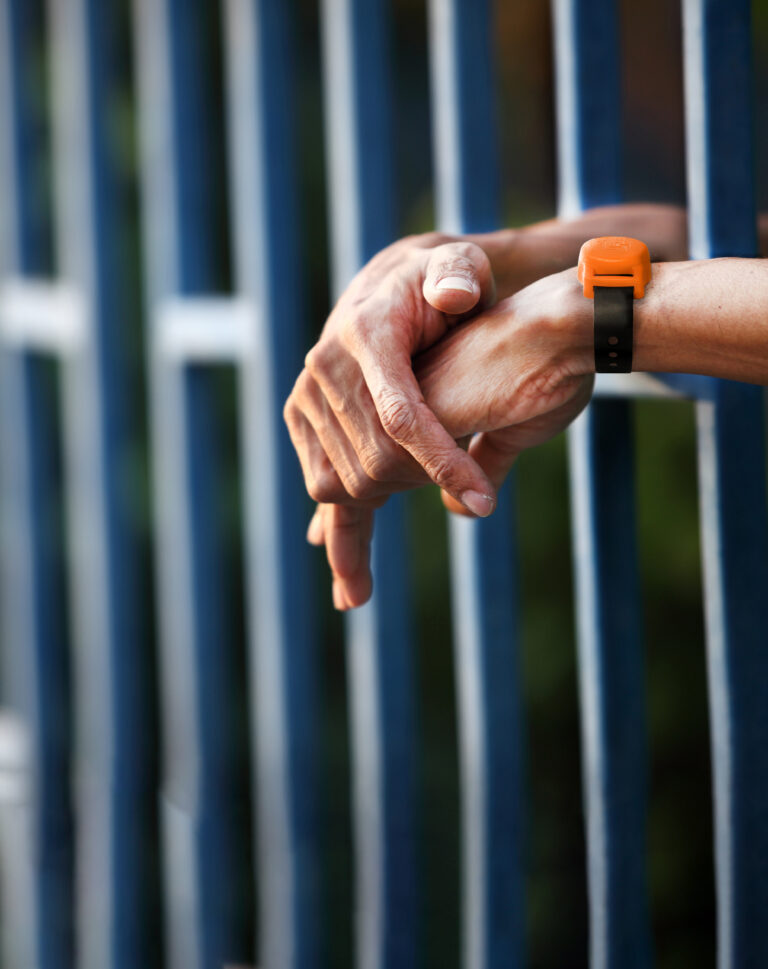Indiana to Consolidate Mental Health Care
INDIANAPOLIS — In response to a federal judge ruling stating that the treatment of inmates with mental illnesses in Indiana prisons was cruel and unusual punishment, the Indiana Department of Corrections is planning to centralize all inmates with a mental illness into one facility.
Plans were introduced during a status hearing with U.S district Judge Tanya Walton Pratt, who ordered that the state develop a plan to provide better treatment to inmates with mental illnesses finding that “mentally ill prisoners within the IDOC segregation units are not receiving adequate mental health care in terms of scope, intensity and duration.”
“When the proposed renovations have been made, appropriate staff is in place, and appropriate treatment takes place, the IDOC will be in compliance with the court’s order,” said Douglas Garrison, chief communications officer with the IDOC.
Inmates will receive more mental health treatment services and more structured and unstructured out of cell time, Garrison said.
The department fell into hot water late last year after the federal judge ruled that Indiana’s prisons were operating in violation of the eighth amendment, which prohibits cruel and unusual punishment. The ruling came after 11 inmates with mental illnesses committed suicide in an IDOC facility between 2007 and 2011 while being housed in segregation units.
The department will now centralize all inmates with a mental illness to Pendleton Correctional Facility, which will house 300 offenders with a mental illness.
Renovations will include repurposing the existing space rather than constructing new facilities. Current cost projections are $5 million to $7 million for needed renovations, according to Garrison.
There is currently no projected timeline for construction.
“Until funding has been identified, we cannot project a start and finish date for the project,” Garrison said. “But we are moving with deliberate speed to comply with the court’s order.”
The department is also hoping to up staffing numbers at Pendleton by hiring 36 additional custody staff, 16 mental health staff members, and three additional unit team staff.
Garrison said the move to centralize inmates with mental illnesses to the Pendleton facility is both more efficient and cost effective. The I-Complex, which consists of five buildings, will be retrofitted in order to house inmates with mental illnesses. The project will also entail the renovation of a former vocational building into counseling spaces and group meeting rooms, Garrison said.






